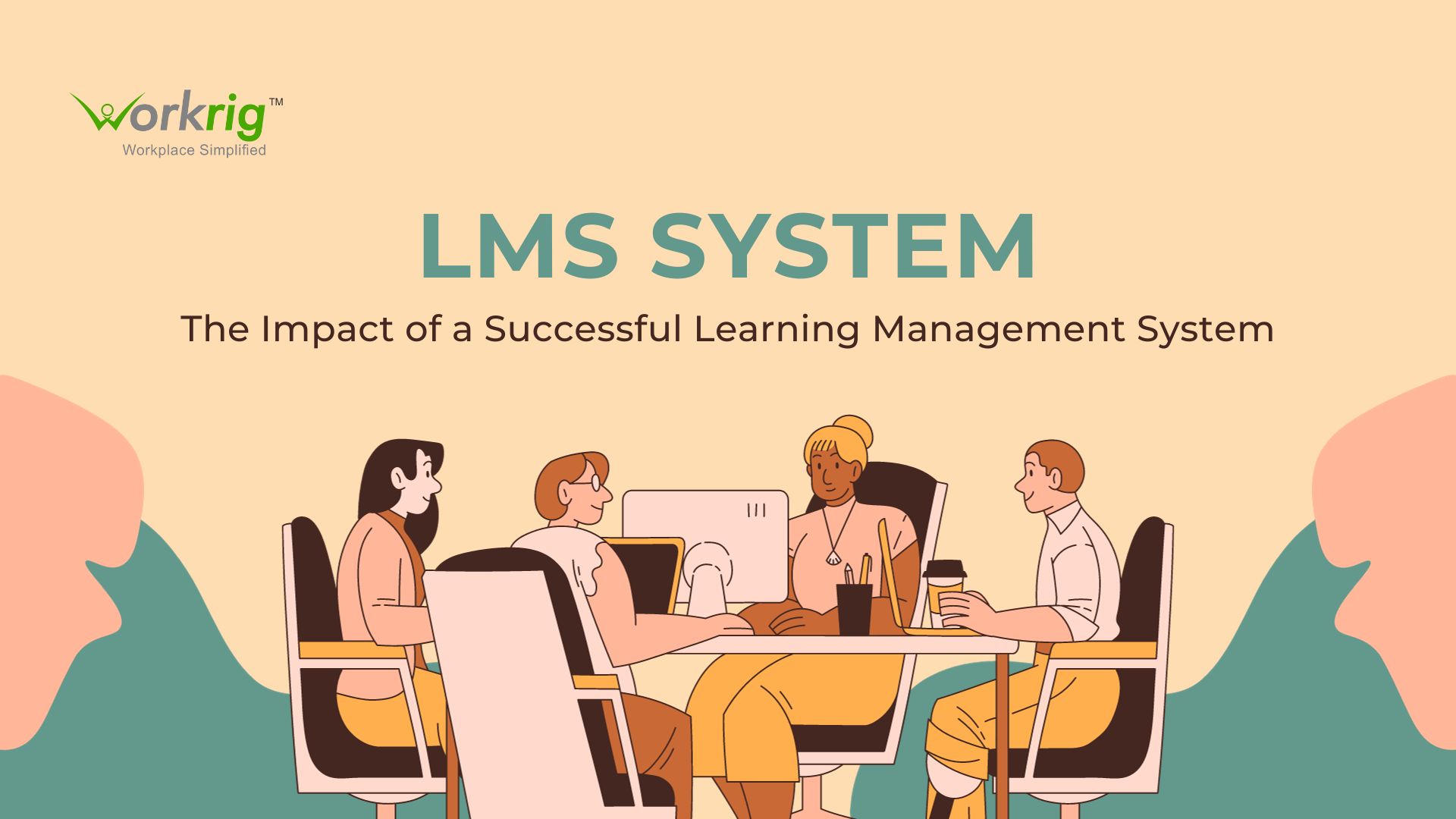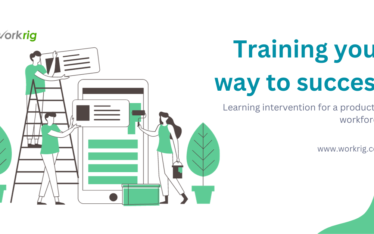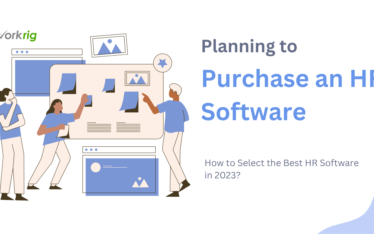The Impact of a Successful Learning Management System (LMS)

In modern workplaces today, the effective utilization of technology plays a central role in the success of an organization. Therefore, a well-executed Learning Management System (LMS) is key to fostering organizational growth. By providing a structured framework for training, development, and knowledge dissemination, a robust LMS not only enhances employee skills and competencies but also contributes significantly to the overall growth and adaptability of the organization.
Let’s explore the topmost benefits of LMS and multifaceted ways in which a good LMS can serve as a catalyst for organizational advancement, aligning workforce capabilities with strategic objectives.
- Enhanced Employee Performance
LMS allows organizations provide personalized training to employees, improving their skills and performance. Continuous learning opportunities lead to a more skilled and knowledgeable workforce, thereby contributing to productivity and efficiency.
- Increased Employee Engagement
Interactive and engaging learning modules in an LMS can boost employee engagement, increasing job satisfaction and retention. Employees feel more invested in personal and professional development, aligning their goals with organizational objectives.
- Cost Savings
Streamlined training processes through an LMS reduce the need for traditional, resource-intensive training methods. Travel and accommodation costs associated with traditional training sessions are minimized, contributing to cost-effectiveness.
- Scalability
LMS allows organizations to scale training programs quickly as the workforce grows. Consistent and standardized training materials ensure that all employees receive the same quality of information and education, regardless of location.
- Compliance and Risk Management
LMS helps track and manage compliance training, reducing the risk of legal and regulatory issues. Automated reporting features assist in monitoring compliance, ensuring that employees are up-to-date with mandatory training.
- Data-Driven Decision Making
LMS provides insights into employee progress, completion rates, and assessment scores. Data analytics from the LMS help organizations identify areas for improvement and tailor training programs to address specific needs.
- Talent Development and Succession Planning
LMS facilitates talent development by identifying high-performing employees and their training needs. Succession planning becomes more effective as organizations can identify and nurture potential leaders within the company.
- Adaptation to Technological Advances
Organizations with an advanced LMS stay current with technological trends in training and development. Integration of multimedia, mobile learning, and other emerging technologies ensures that training methods align with evolving industry standards.
- Global Collaboration and Consistency
LMS ensures consistent training content and standards across different locations for organizations with a global presence. Employees worldwide can access the same resources, fostering a sense of unity and shared knowledge.
- Faster Onboarding
LMS facilitates efficient onboarding processes, reducing the time for new employees to become fully productive. Accelerated onboarding contributes quicker integration into the organizational culture and faster adaptation to job roles.
In conclusion, a well-implemented Learning Management System (LMS) emerges as a strategic asset for organizations providing sustained growth. By streamlining learning processes, fostering skill development, and promoting a culture of continuous improvement, a robust LMS not only enhances employee performance but also contributes to the overall agility and competitiveness of the organization. Investing in a sophisticated LMS becomes crucial as we navigate an era of rapid technological advancements and evolving skill requirements. The positive ripple effects on employee engagement, productivity, and organizational adaptability position a good LMS as an indispensable tool for unlocking the full potential of both individuals and the organization, propelling it toward long-term success and growth.Top of Form


